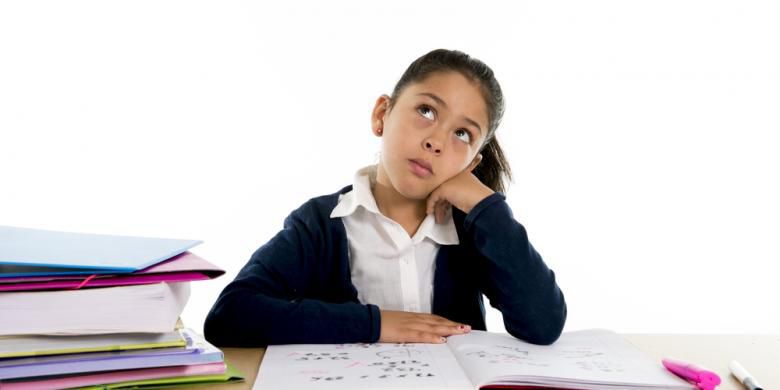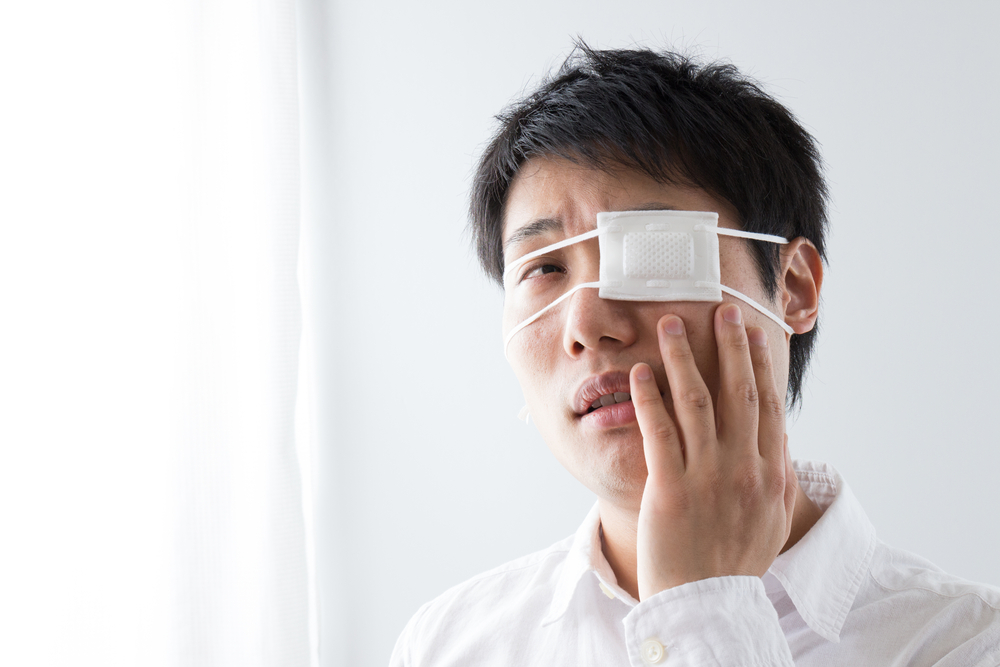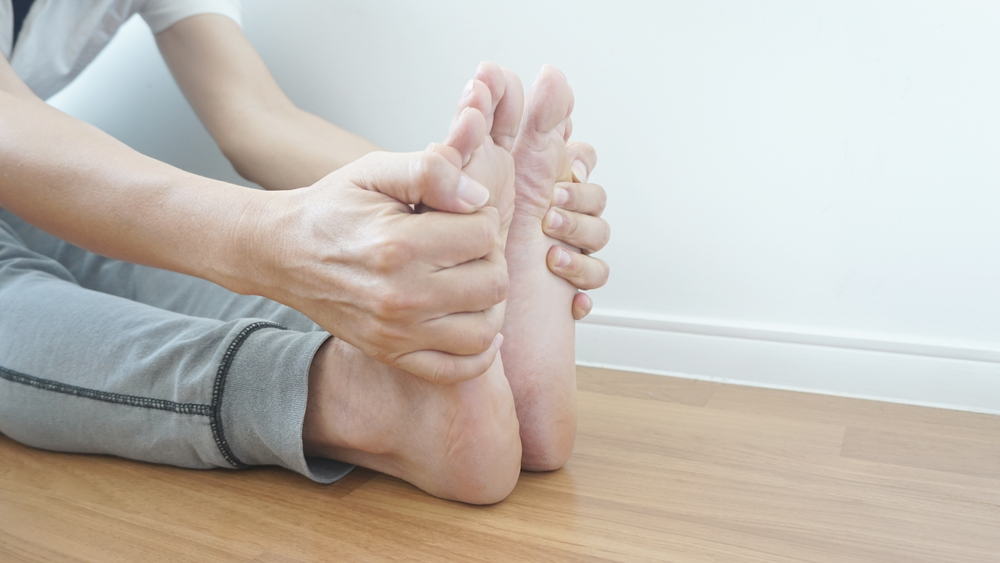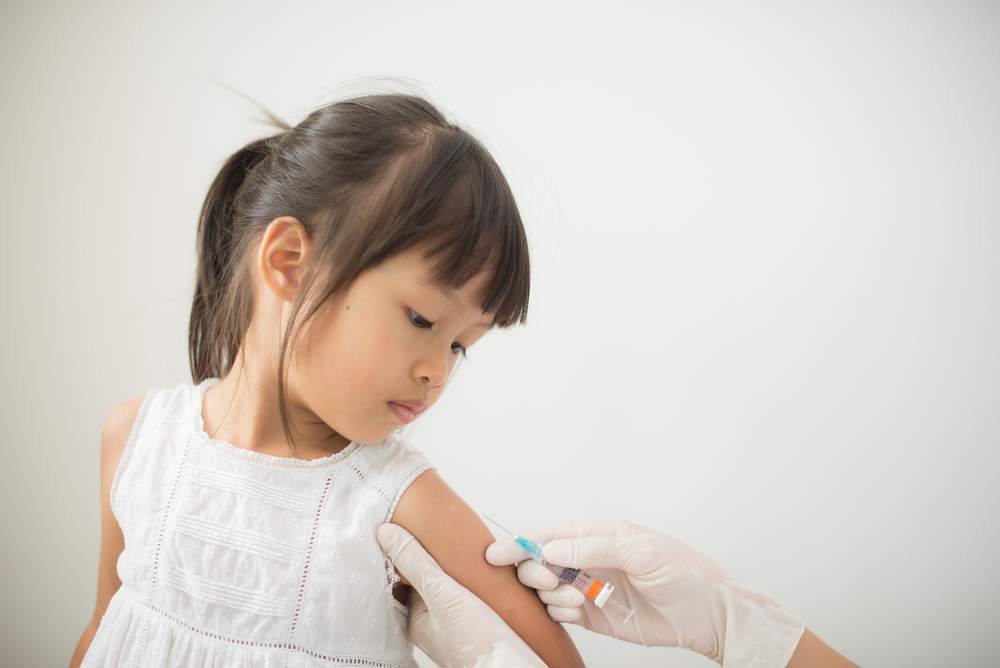Contents:
Medical Video: 6 Minutes to Start Your Day Right! - MORNING MOTIVATION | Motivational Video for Success
The time to start teaching and learning activities in Indonesia is among the world's earliest. School children in DKI Jakarta, for example, are required to enter school at 6:30 a.m.
The hours of admission to schools that are assessed as part of this are no doubt had been flooded with scathing criticism from various local educational institutions. Reporting from Okezone, Forum Guru Deliberation Jakarta (FMGJ) said that the hours of school attendance that were too early violated children's rights. Learning hours also increase the risk of indigestion because most school children do not have time to eat for a long time.
In addition, the pattern of school entry that forces children to sleep late and wake up early in the morning ruffles the quality of their sleep. Not a few studies have proven that lack of sleep will adversely affect the physical and mental health of school children.
What is the impact if school children sleep less?
School children need to learn as best they can. But there is one thing that is equally important but often overlooked: Sleep.
Sleep is one of the children's needs. Sleep supports a brain process that is very important for learning, preserving memory, and regulating emotions. At night, the brain reviews and strengthens information obtained during the whole day. This makes the information they get in the classroom all day long easier to remember later.
Skipping sleep can be very dangerous. Over time, this pattern of "going to bed late, waking up early in the morning" can cause a number of health risks.
Teenagers who lack sleep are also more likely to be careless, impulsive, hyperactive, and opposed, so it's no longer new news that teens who don't get enough sleep are not prominent in academic and behavioral fields. Children who lack sleep are more likely to fall asleep in class during lessons.
In addition, lack of sleep is also associated with a risk of high cholesterol and obesity in the future. One study found that the short-term effects of sleep deprivation, such as colds, flu, and indigestion, more often occur when children sleep less than seven hours.
A study in the Journal of Youth and Adolescence in 2015, reported from Huffington Post, found that teens who slept an average of six hours per night were reported to be three times more likely to suffer from depression. Sleep deprivation also increases the risk of child suicide attempts by 58 percent.
One study found that if school children sleep more late for 10 minutes, there is an increased risk of 6 percent for those who consumed alcohol or marijuana in the past month. Lack of sleep also increases the risk of school children becoming dependent on anti-anxiety drugs and sleeping pills. Later, the effects of the abuse of these drugs trigger children to become more anxious and have difficulty sleeping.
When is the ideal school entry time for school children?
Education observer Doni Koesoema, was reported from News One, assessing Indonesian students' study hours too long. In Curriculum 2013, school children in Indonesia on average start school at 6:30 to 7 am, and finish at 3:00 p.m.
After school they may be preoccupied with a series of extracurricular activities, such as sports clubs or tutoring here and there, so they might go home late at night. Ironically, the value shown by Indonesian children after over 8 hours of nonstop learning still proved to be lower than Singapore students, who in fact only studied 5 hours.
The American Academy of Pediatrics emphasizes that each school postpones the hours of starting learning activities for children, especially teenagers, because the effects are better for their mental and physical health. So, when is the most ideal school entry time for school children when viewed from the duration of sleep?
Elementary School (6-12 years old)
The duration of sleep needed for children of primary school age (6-13 years) is around 9-11 hours per day. If the child's nighttime sleep is generalized at 8pm, this means they have to get up early at around 6:15 - 6:30 a.m.
And taking into account the length of time the child is getting ready (without having to be rushed or shouted at by parents) and breakfast, the hours of admission to elementary school children in Jakarta which were at 6.30 should be shifted to 7.30 in the morning. The same was stated by Retno Listyarti, Secretary General of the Federation of Indonesian Teachers' Unions (FSGI), quoted from Parenting.
Middle School (13-18 years)
Slightly different from elementary school children, the tendency of middle and high school children to sleep late at night apart from the pile of homework but also due to hormonal turmoil during puberty. The body's internal clock, called circadian rhythm, in adolescents may shift slightly when they are puberty, said Judith Owens, MD, MPH, director of the Center for Pediatric Sleep Disorders at Boston Children's Hospital, reported from WebMD. The body's circadian clock shift makes the brains of teenagers not start producing melatonin (sleep hormone), until later at night.
In addition, teenagers have a slower urge to sleep than small children, which means they can stay awake longer, even when they lack sleep. "It would be more difficult for them to fall asleep naturally under 11 o'clock at night," Owens said. That is why delaying the time to start school may be more reasonable and more effective than telling children to sleep faster.
Ideally, adolescents need about 9 hours of sleep per day. Some teenagers who are super active and busy all day especially need 10 hours of deep sleep. Thus, if the sleeping time of teenagers is beaten flat to eleven o'clock at night, they must wake up at around 8 in the morning
And if you consider the length of time the child is getting ready (without having to rush or shout at parents) and breakfast, the ideal school entry time for middle and high school students in Jakarta should start at 9 in the morning.
According to Doni Koesoemo, the ideal school hours in Indonesia are from 7:00 to 13:00, including breaks. That way, school children get a five-hour study allowance every day.












